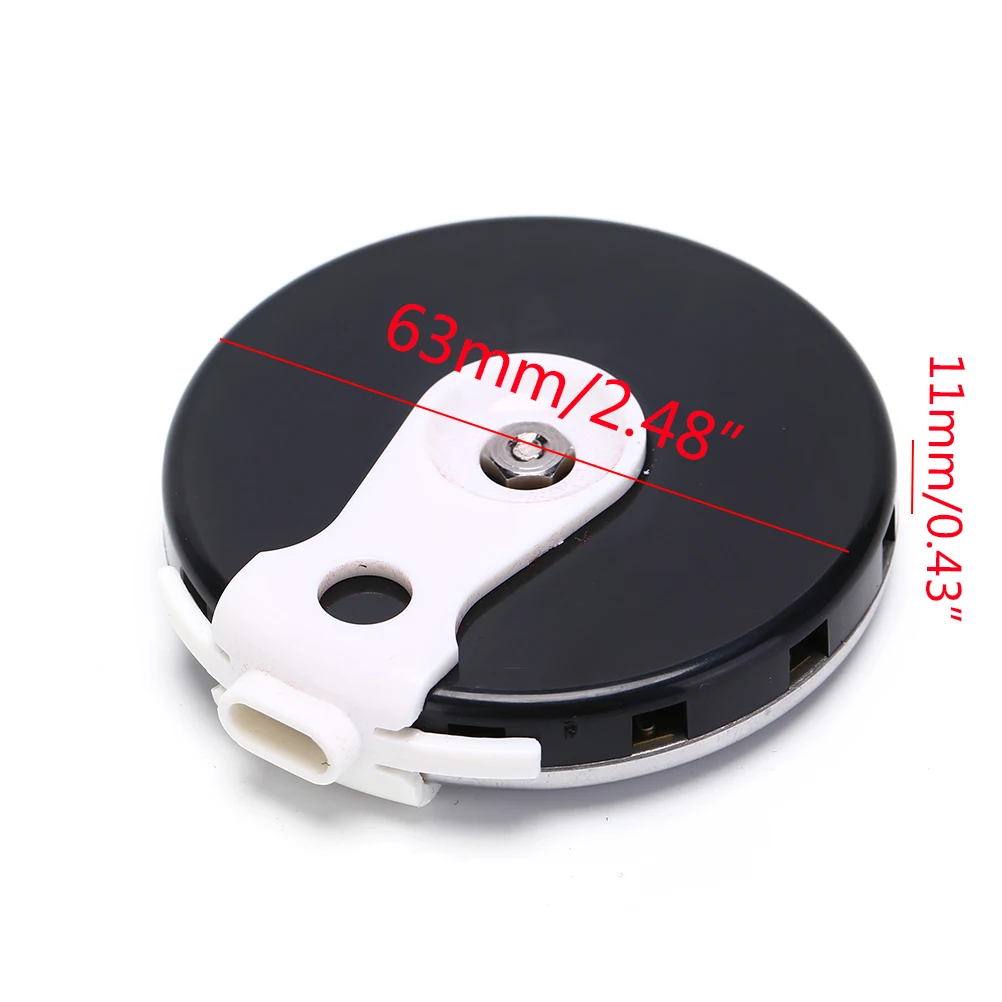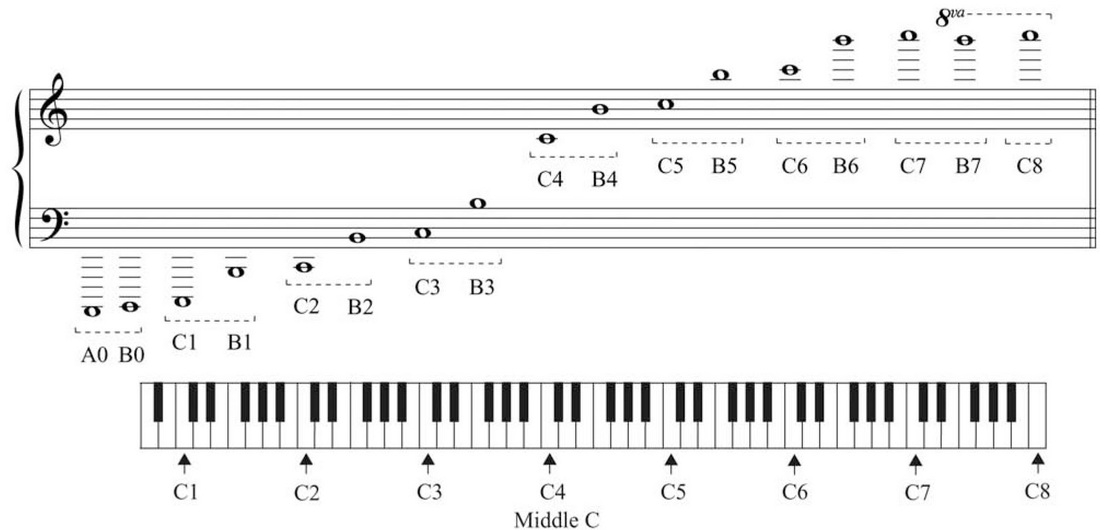

Never been able to explain that phonomenon. He instantly piped up with “A-flat, D, A-flat, D” and after going through my routine, he was exactly right - but he did it instantly. Now, I used to be friends with a blind musician, who had true “perfect pitch.” I was driving him home after a gig one night, and an ambulance went through the intersection ahead of us with the “two tone” siren going (high-low sound). I can’t do the third, but I can sing the fourth, so the song is therefore in the key of “A.” Let’s say the song in question is in the key of “A.” I sing the root note (A), sing the fifth, (E), sing the fourth (D), then attempt to sing the third (C#).

For instance, I know the lowest note I can sing is “D”, almost two octaves below Middle C. So when someone asks me what key something is in. I also have a very good grasp of musical scales, chord progressions, and tone intervals. You might come up with a color that’s off by one or two shades from the actual wavelength-a small but detectable difference to your eyes-but if you’re off by two percent on the wavelength on a musical note, it might well be another note. I don’t know your musical background, but if you don’t have a name to put to it, you might only recognize it-but you wouldn’t know what to call it.Īnd looking at Gyan9’s response, how can you be certain that you do remember the color of your shirt? Have you ever tried to reproduce that precise color with paints or colored pencils without actually having that shirt in front of you? It’s not as easy as you think-ask any painter. Three, unless you play an instrument, you might not know what the note is. Other instruments produce other distinct waveforms and recognition isn’t automatic. Two, even if you have the tones of a piano memorized, you may not instantly recognize them when you hear them played on a clarinet or a guitar or a timpani. This is a trick most people aren’t prepared to do. In order to hit the note it requires a fair degree of precision with your vocal cords-and it requires you to keep one note in your head while singing a different note with your mouth. One, you may have a hard time reproducing the note with your voice. You might have a hard time remembering a specific note for three reasons. I have played the piano for almost twenty years and, over that time, I have acquired a strong memory for certain notes or chords when I hear them in another context. In the Master’s column on perfect pitch, he also refers to it as pitch memory.Īs I can often perform the same trick-I can hear a note or chord and recognize the tonality-I can attest that “pitch memory” is a better way to describe it.


 0 kommentar(er)
0 kommentar(er)
